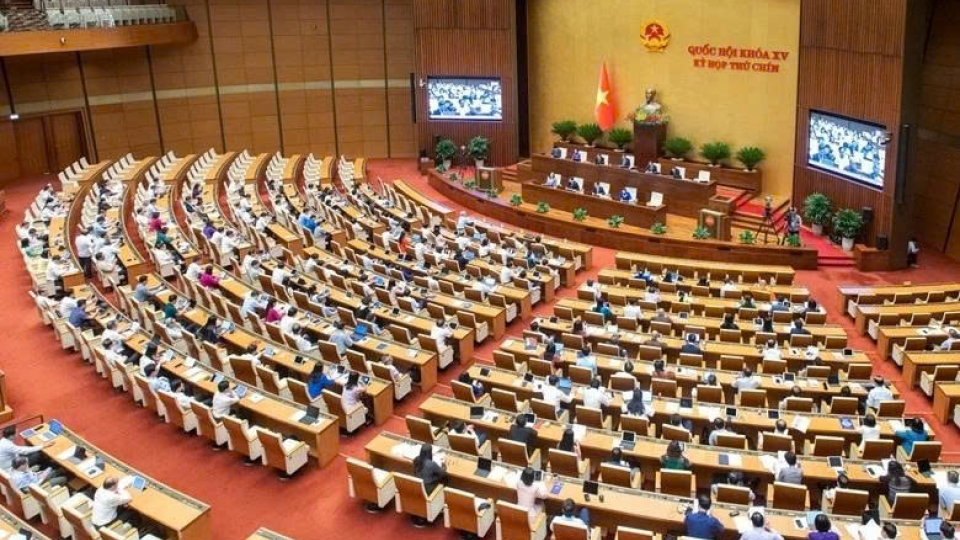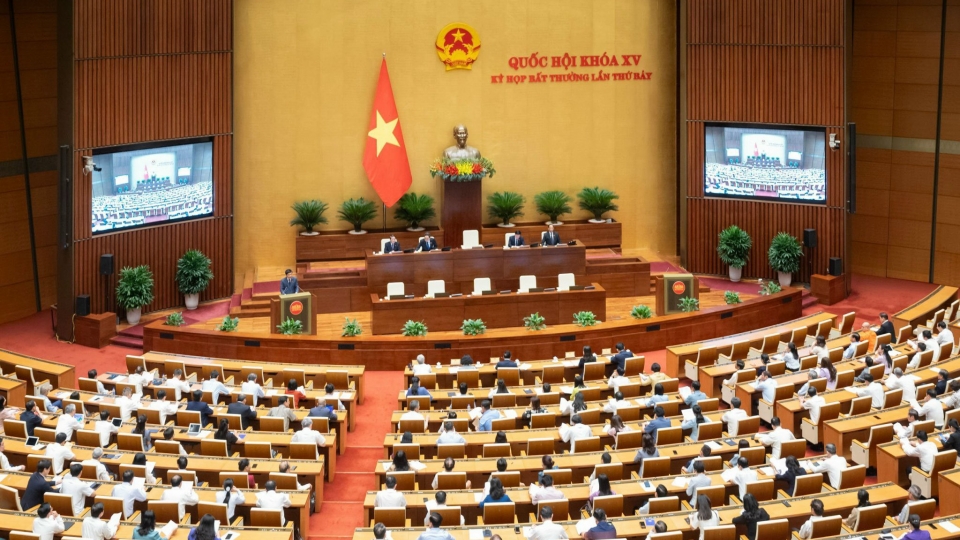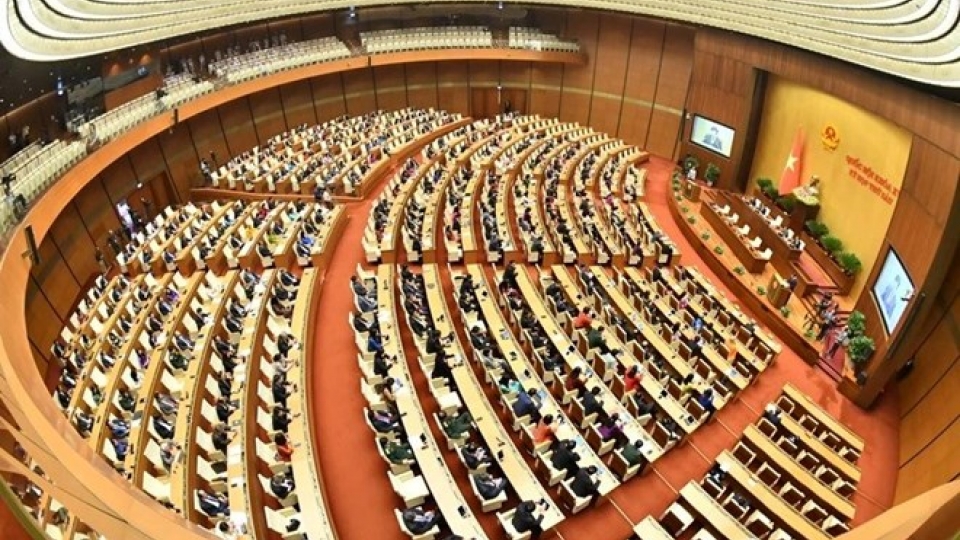Personnel work for 14th Party Congress guided by flexibility and openness
VOV.VN - While the planning process has long been rigorous and clearly defined, it must also remain highly flexible to allow for the identification and inclusion of individuals with moral integrity and professional competence. At the same time, those deemed unqualified must be removed from the personnel work.
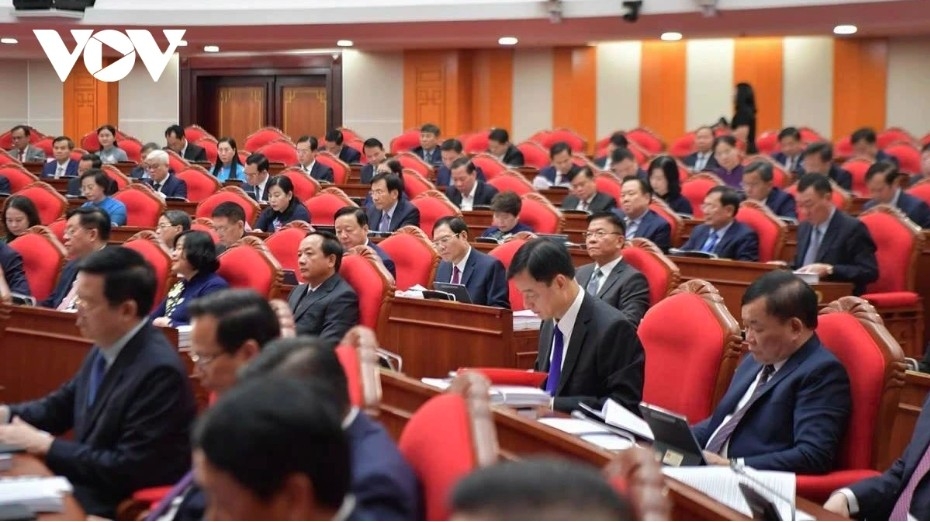
This was emphasized by Assoc. Prof. Dr. Nguyen Trong Phuc in remarks on personnel work for the upcoming 14th National Party Congress.
Personnel planning must be practical, not overly rigid
Speaking to a reporter from the VOV Online Newspaper, Associate Professor Dr. Nguyen Viet Thong, former Secretary-General of the Party Central Theoretical Council, stated that in implementing Directive No. 35 on Party congresses at all levels leading up to the 14th National Party Congress, the Politburo has submitted personnel orientation proposals to the Party Central Committee.
According to Directive No. 35, the 14th Party Central Committee is to comprise 200 members, including 180 official members and 20 alternate members. The Politburo is expected to have between 17 and 19 members, while the Central Inspection Commission will have between 11 and 13 members.
However, as part of the nationwide streamlining of the political apparatus, Vietnam has recently reduced the number of provincial-level administrative units by 29, abolished two Party commissions, and restructured the government’s ministerial system, from 22 ministries and ministerial-level agencies down to the current 17.
Nguyen Viet Thong noted that, with the number of organizations requiring a Central Committee member being reduced, the 12th Plenum of the Party Central Committee had once again reviewed the number of Party Central Committee members, taking into account the ongoing streamlining of the organizational apparatus, along with the orientation for delegates from Party organizations attending the 14th National Party Congress.
According to the former Secretary-General of the Party Central Theoretical Council, the nomination and selection of personnel for the new term must be based on established standards and conditions, in accordance with regulations and planning processes. This has long been affirmed. However, this time, the Party Central Committee agreed that the nomination and selection process should not be overly rigid but must be grounded in practical realities.
Therefore, individuals who were not previously included in the personnel planning list but have been identified by competent authorities as having demonstrated talent and proven capacity in practice must now be incorporated into the planning process, whether for the Party Central Committee, the Politburo, or the Secretariat.
This reflects the Party’s longstanding policy that personnel work must remain both responsive and open, with a strong emphasis on practical realities to ensure no capable individuals are overlooked.
At the closing session of the 12th Plenum of the 13th Party Central Committee, Party General Secretary To Lam emphasized, “It is imperative to ensure that no individuals who fail to meet standards and requirements, or who are unworthy, are allowed to enter the 14th Party Central Committee. At the same time, effective measures must be in place to prevent and deal with cases in which newly elected, planned, or appointed personnel must later be subject to disciplinary action, review, or criminal prosecution.”
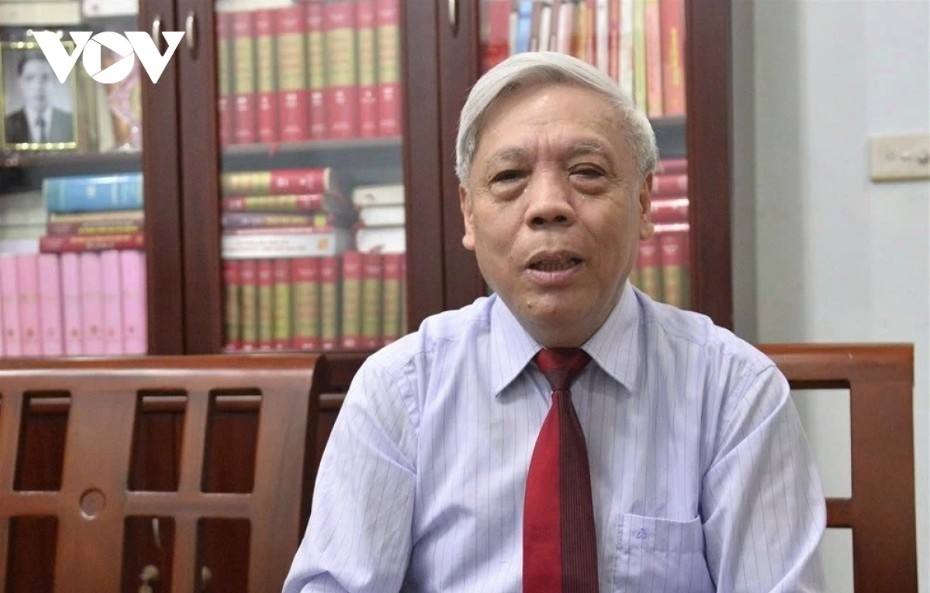
The Party Central Committee emphasized at its 12th Plenum the importance of adhering closely to prevailing realities in order to identify individuals with sufficient commitment, moral integrity, and professional competence.
The criteria for the contingent of officials must meet the demands of the new era, including qualities such as the courage to think, to act, and to take responsibility. These, it can be said, are notable points of emphasis compared to previous congresses.
Testing cadres through practical experience
Associate Professor Dr. Nguyen Trong Phuc, former Director of the Institute of Party History under the Ho Chi Minh National Academy of Politics, said that while personnel planning has long been conducted in a rigorous and clearly defined manner, it must also remain highly flexible to allow for the identification and inclusion of individuals with political integrity and professional competence. At the same time, those who are unqualified or fail to meet standards must be removed from the planning process.
“This approach ensures adherence to the principles and steps of the planning process, while also demonstrating flexibility, dynamism, and a strict, thoughtful evaluation,” he emphasized.
According to Nguyen Trong Phuc, the appointment of officials must follow a more stringent five-step process. The stricter the procedure, the fewer the loopholes and the lower the likelihood of unqualified or unworthy individuals ending up in strategic positions. This also requires stronger inspection, supervision, and control over the exercise of power.
He also stressed that every possible method for assessing and understanding individuals must be fully utilized. Moreover, there must be a truly strict and scientific approach to evaluating whether a given official possesses the intellectual capacity, moral character, credibility, and competence required to fulfill their duties. In addition, personnel work must involve a cautious, objective, and multi-dimensional perspective, listening to diverse viewpoints and promoting democratic processes in order to prevent unqualified individuals from entering Party committees at various levels, including cases where those with violations are still nominated or appointed.
A more essential issue, according to Nguyen Trong Phuc, is that cadres must be tested through real-life experience. This has also been a consistent stance of the Party Central Committee over recent terms. One way to achieve this is for centrally managed officials to be assigned to localities to gain hands-on leadership and management experience, or for key local officials to be transferred to central-level agencies to take on new responsibilities, both are forms of practical engagement.
Underscoring that personnel work is the “core of all core tasks,” Associate Professor Dr. Nguyen Trong Phuc stressed that this work must be carried out thoroughly, methodically, and comprehensively. It must also be conducted in a manner that is coordinated, scientific, strict, democratic, objective, and transparent, while strictly adhering to the Party’s regulations, the principle of democratic centralism, and relevant laws, only then can truly deserving individuals be selected.


